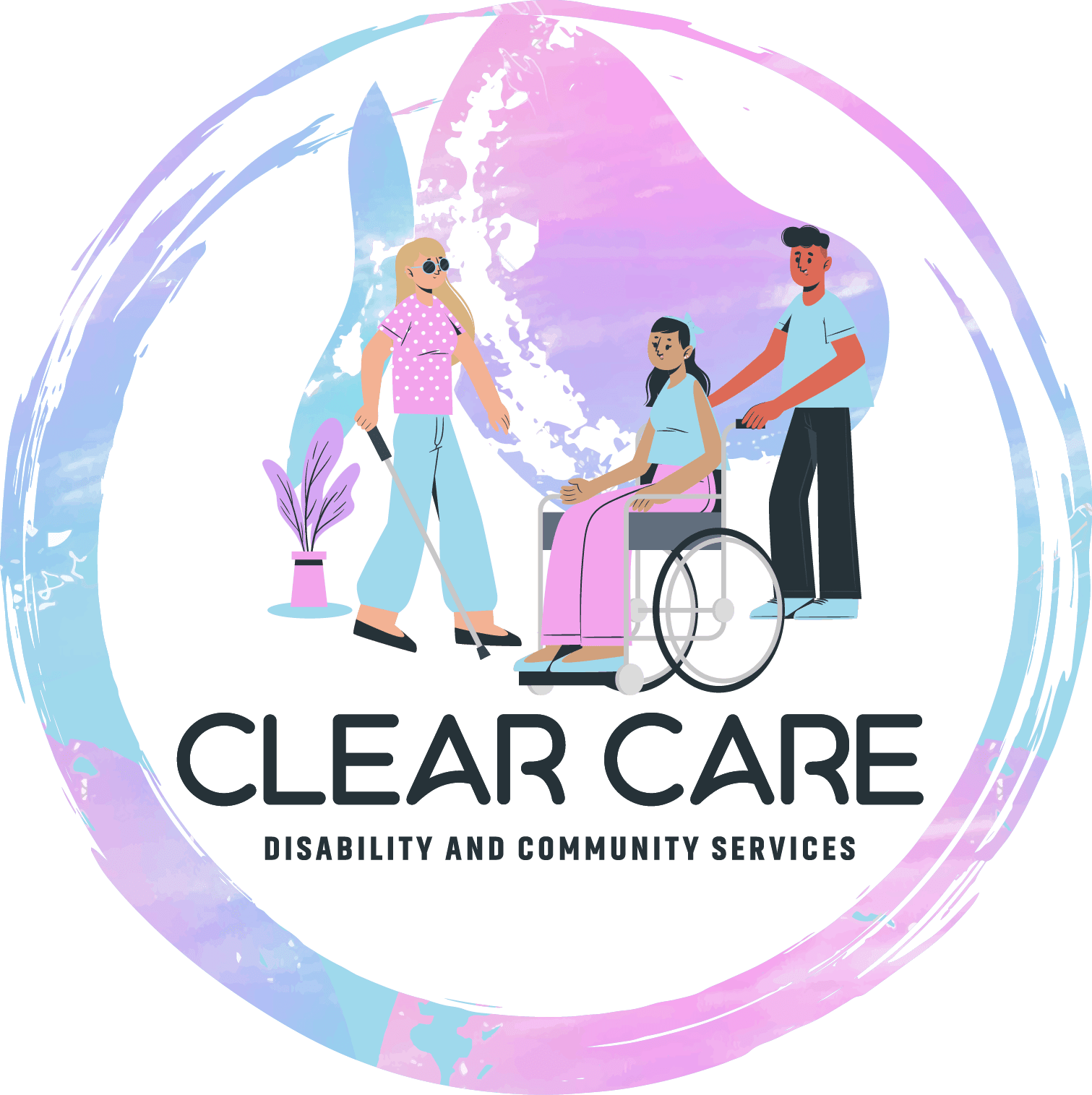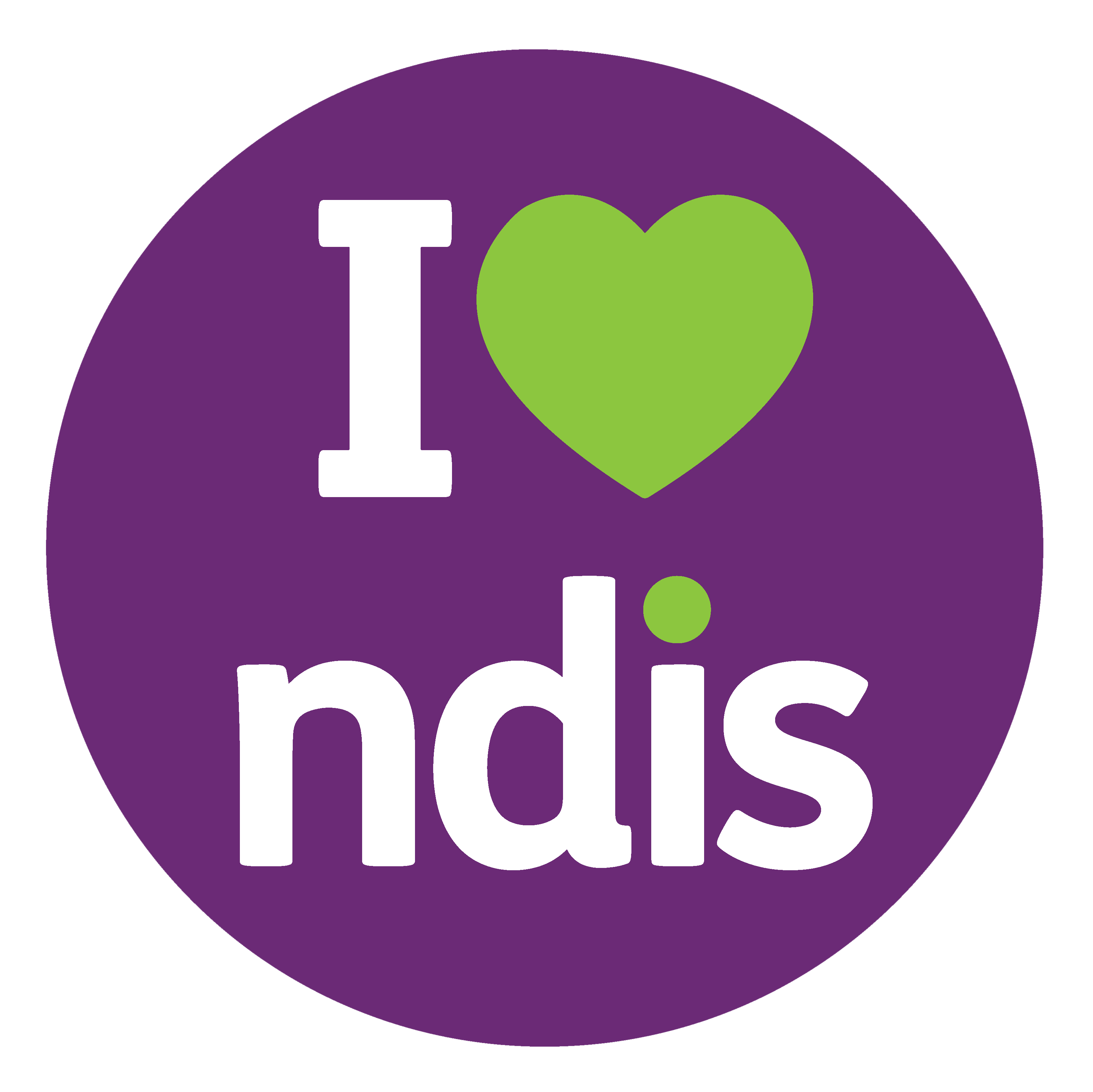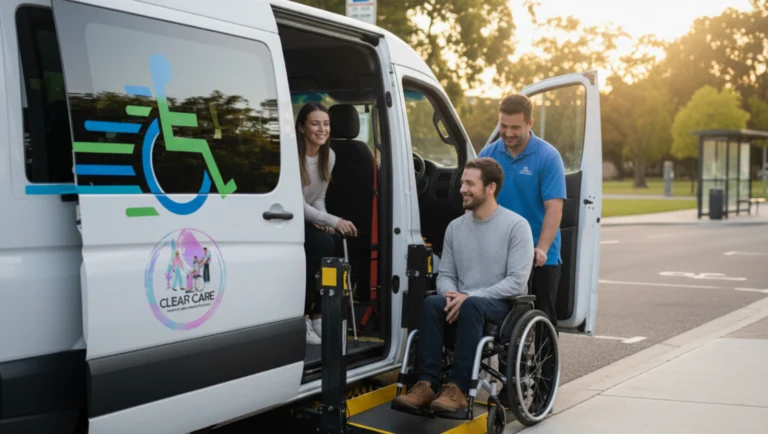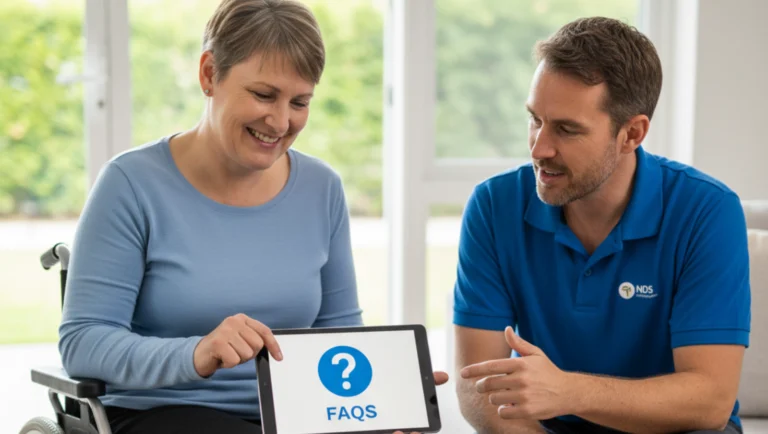Table of Contents
Living independently is something many of us take for granted. Simple tasks like cooking a meal, managing money, or catching public transport become second nature over time. But for people with disabilities, these everyday activities can present real challenges. That’s where Development Life Skills NDIS support makes a meaningful difference.
Development Life Skills NDIS helps participants build essential daily living skills by providing personalised training and support that focuses on practical abilities needed for independence, from personal care and household tasks to social interaction and community participation. This targeted approach empowers individuals to live more autonomously and participate fully in their communities.
What Are Development Life Skills Under the NDIS?
NDIS development life skills refer to a broad range of practical abilities that help people navigate everyday situations with greater independence. These aren’t just about ticking boxes—they’re about building real confidence and competence in activities that matter most to each individual.
Life skills training covers everything from basic self-care routines to more complex tasks like budgeting, meal planning, and using technology. The beauty of this support is that it’s never one-size-fits-all. Each participant works with their support worker to identify which skills they want to develop based on their personal goals and circumstances.
Understanding NDIS Activities of Daily Living
NDIS activities of daily living encompass the fundamental tasks we all need to manage each day. These include personal hygiene, dressing, eating, mobility around the home, and basic communication. For many participants, mastering these foundational skills opens doors to greater independence and dignity.
Through NDIS Assistance with Daily Life funding, participants receive practical support that respects their individual pace and learning style. A support worker might help someone practice showering safely, learn to prepare nutritious meals, or develop a morning routine that sets them up for success each day.
What makes this approach effective is its focus on teaching rather than just doing. Instead of simply completing tasks for participants, skilled support workers guide individuals through each step, building muscle memory and confidence along the way.
The Role of Disability Home Care Services
Disability Home Care Services provide the foundation for life skills development by creating a safe, supportive environment where learning can happen naturally. These services bring experienced professionals into participants’ own homes, making the training immediately relevant and practical.
Working in familiar surroundings helps participants feel more comfortable trying new things. Whether it’s learning to use household appliances, organising personal spaces, or managing laundry, practising at home means the skills transfer directly into daily routines.
Support workers also help participants understand the “why” behind each skill, not just the “how.” This deeper understanding helps people adapt their knowledge to different situations and builds genuine capability rather than just memorised steps.
Building Social Confidence Through Community Participation
Life skills extend far beyond the home. NDIS Social and Community Participation support helps individuals develop the confidence to engage with their broader community, form friendships, and pursue interests outside their immediate environment.
This might involve learning to navigate public transport, understanding social cues in different settings, or developing communication skills for various situations. Support workers accompany participants as they explore community activities, gradually stepping back as confidence grows.
The goal is always to help people become active community members who can pursue their interests, maintain relationships, and participate in activities that bring them joy and fulfillment.
Personalised Learning That Respects Individual Goals
Every participant brings unique strengths, challenges, and aspirations to their NDIS journey. Quality NDIS life skills support recognises this diversity and adapts accordingly. Some people might focus on developing cooking skills to eat healthier, while others prioritise learning to manage medications or handle finances.
Support workers take time to understand what matters most to each person they work with. They break down complex tasks into manageable steps, celebrate progress, and adjust their approach based on what works best for that individual. This patient, personalised method helps participants build skills at a pace that feels comfortable and sustainable.
The Ripple Effect of Skill Development
As participants master new abilities, something remarkable happens. Confidence grows, not just in the specific skills they’ve learned, but in their overall sense of capability. Someone who learns to cook might feel empowered to try other new things. A person who masters public transport might start exploring job opportunities or social activities they previously thought were out of reach.
This ripple effect transforms lives. Families often notice their loved ones becoming more self-assured and independent. Participants report feeling more in control of their lives and better equipped to handle unexpected situations.
Moving Forward With Clear Care Community
At Clear Care Community, we understand that building life skills is a journey, not a destination. Our experienced team works alongside participants to identify meaningful goals and develop practical strategies for achieving them. We celebrate every milestone, no matter how small it might seem to others, because we know each step forward represents real progress toward greater independence.
If you or your loved one are ready to strengthen daily living skills and achieve greater independence, contact Clear Care Community today. Our friendly team is here to guide you through the Development Life Skills NDIS journey and help you access the right support to live life with confidence and purpose.











